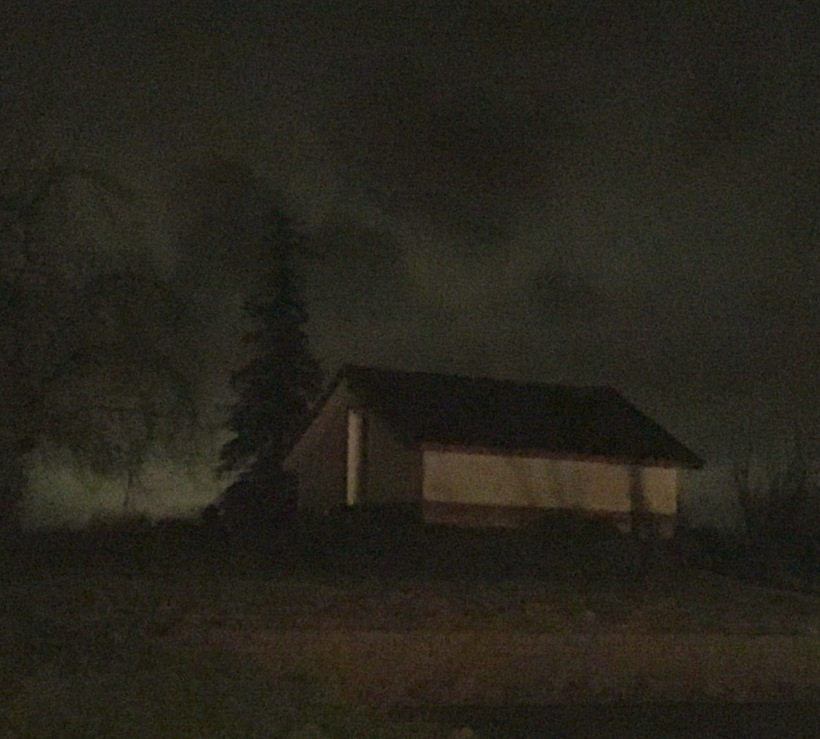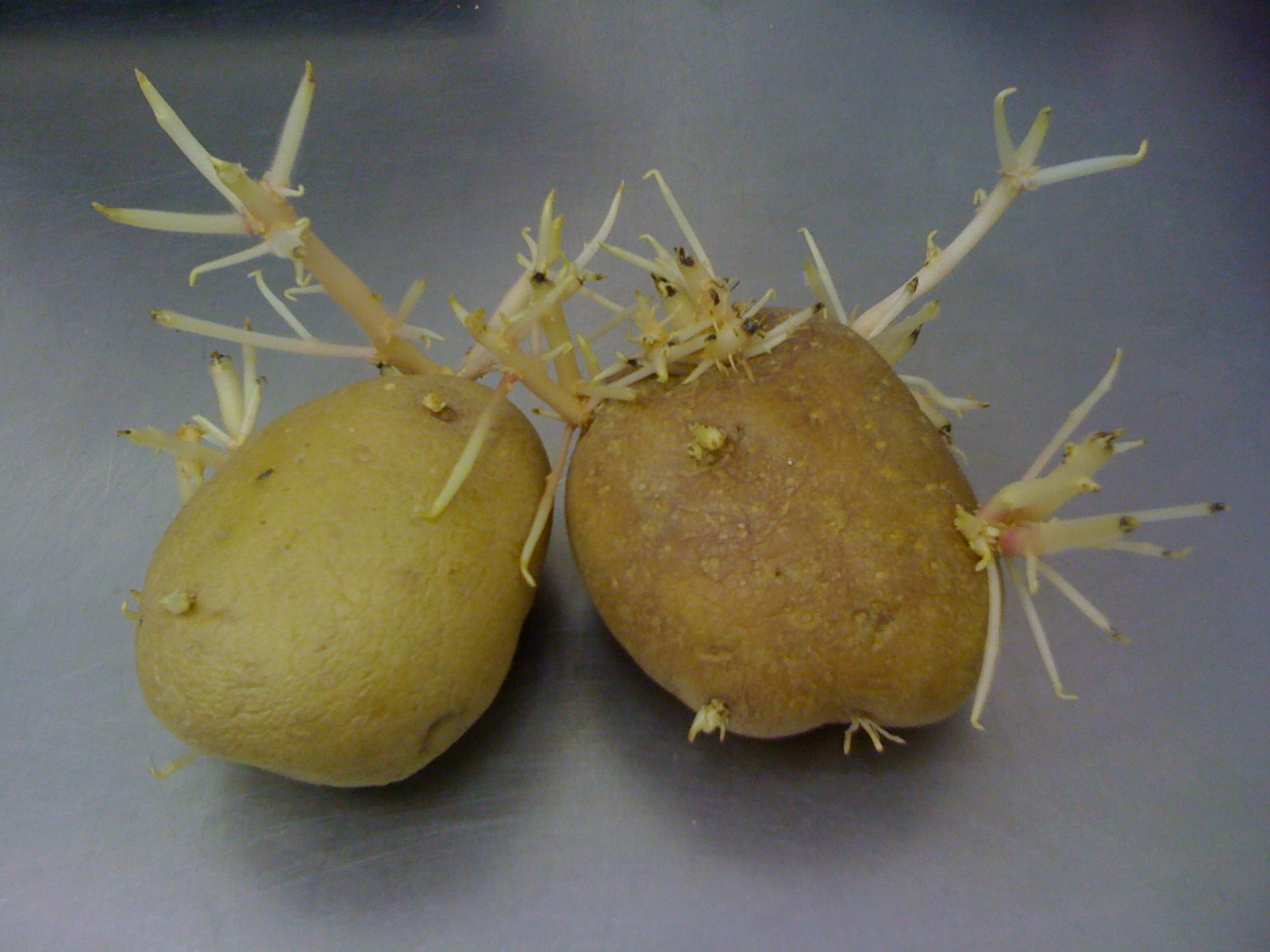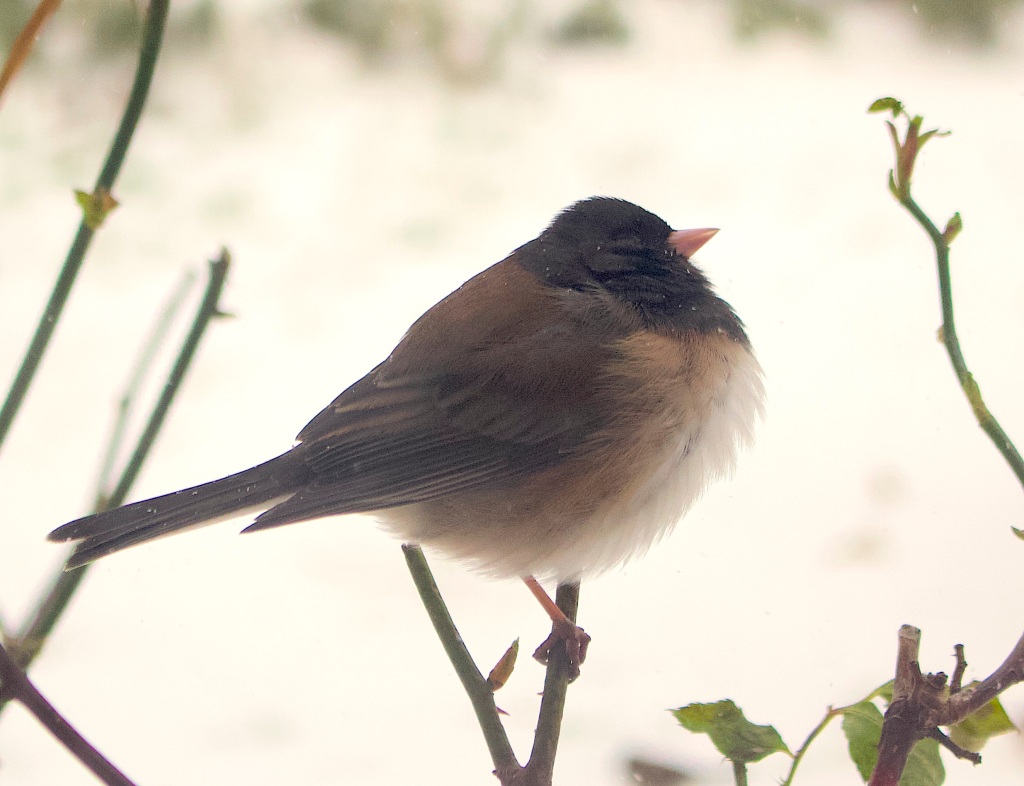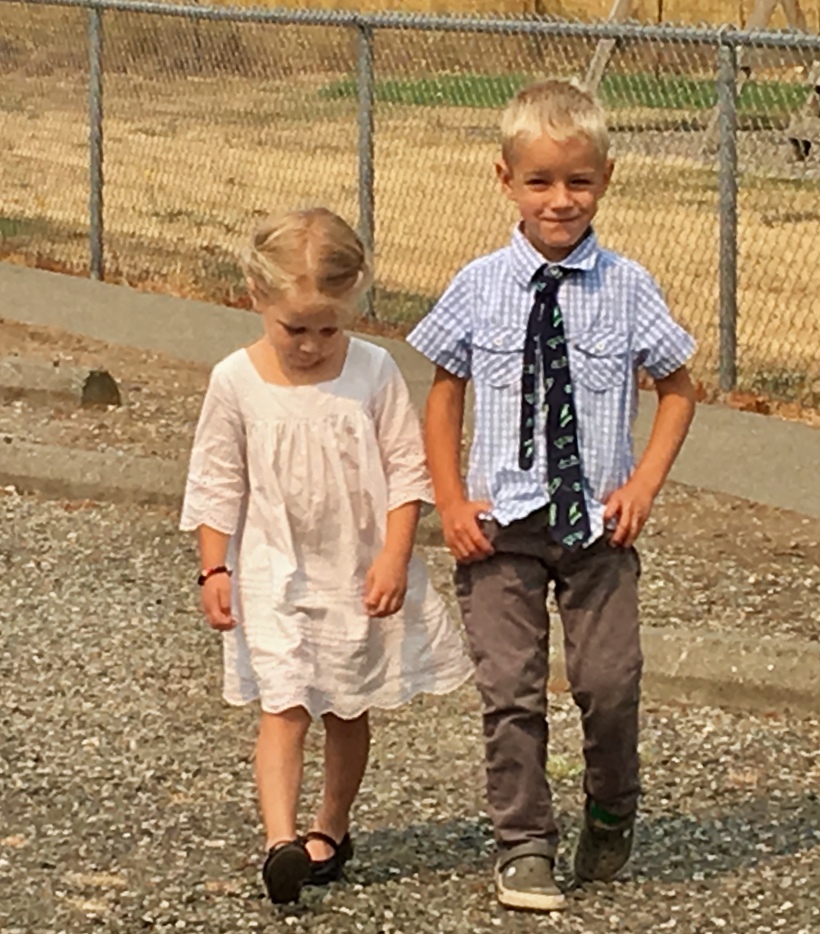



Rain always follows the cattle
sniffing the air and huddling
in fields with their heads to the lee.
You will know that the weather is changing
when your sheep leave the pasture
too slowly, and your dogs lie about
and look tired; when the cat
turns her back to the fire,
washing her face, and the pigs
wallow in litter; cocks will be crowing
at unusual hours, flapping their wings;
hens will chant; when your ducks
and your geese are too noisy,
and the pigeons are washing themselves;
when the peacocks squall loudly
from the tops of the trees,
when the guinea fowl grates;
when sparrows chirp loudly
and fuss in the roadway, and when swallows
fly low, skimming the earth;
when the carrion crow
croaks to himself, and wild fowl
dip and wash, and when moles
throw up hills with great fervor;
when toads creep out in numbers;
when frogs croak; when bats
enter the houses; when birds
begin to seek shelter,
and the robin approaches your house;
when the swan flies at the wind,
and your bees leave the hive;
when ants carry their eggs to and fro,
and flies bite, and the earthworm
is seen on the surface of things.
~Ted Kooser “How to Foretell a Change in the Weather” from Flying at Night: Poems 1965-1985,












I reckon the birds and mammals and insects and worms are much better at anticipating weather change than we humans are. It is programmed into their DNA in a way that we have lost in our evolved state. Instead we are glued to our cell phone weather apps, or the Weather Channel, watching the prediction change hour to hour as if it is the gospel truth. I’m here to remind us all it is called a “prediction” for good reason.
We forget about checking the sky for the direction the clouds are traveling, or even what clouds are up there. We forget about checking our own outdoor thermometers because we don’t own them any longer. We certainly forget about barometers – a little kitchen window gadget that my father thumped with his finger every morning of my childhood, so he could see what the atmospheric pressure was doing so he could anticipate how wet or wind-blown he would be that day.
In particular, we forget to watch the critters around us – how their behavior changes and how they are preparing themselves and their environment for whatever weather change to come. They feel it in their bones and their brains by whatever means God has given them.
Our Haflinger horses are already shedding off their winter coats yet there are still six weeks left of winter. What are they trying to say about the weather to come?
So, we humans are weather-challenged creatures but all the clues still exist if only we pay attention. My weather app says the northwest will have rain rain and more rain through the weekend with a possibility of snow late Sunday. The Weather Channel website says we’ll experience high potentially damaging winds, flooding and snow. Who to believe?
I think, all things being equal, I’ll choose to believe what is predicted for Denver this weekend: all sun and a high temperature of 71 degrees. I’m sure all the critters there will be out sunbathing. Wish I could too.





































































